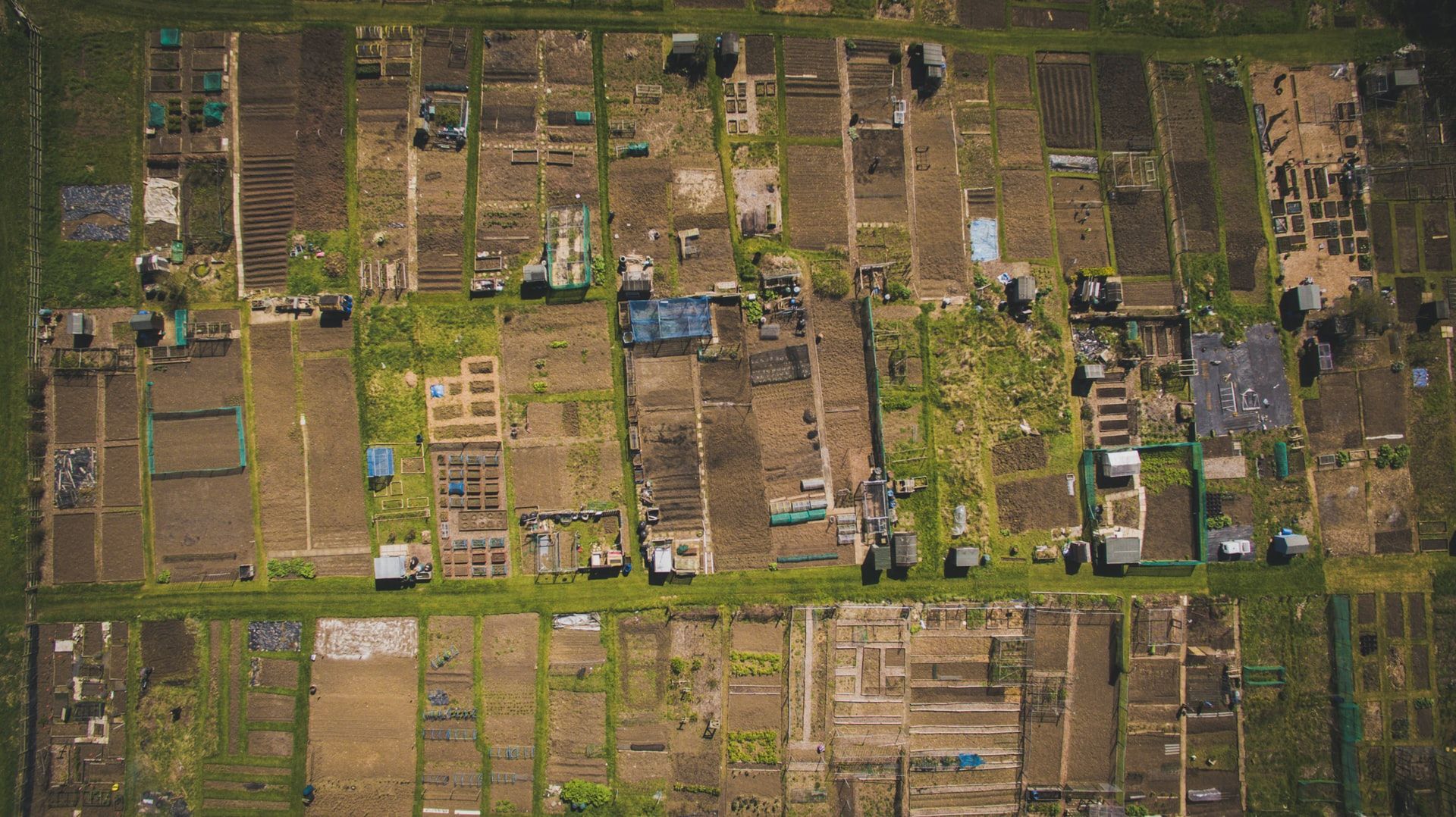When I think of garden allotments my mind nostalgically wanders back to the brilliant sitcom ‘The Good Life’, starring Felicity Kendal, Penelope Keith, Richard Briers and Paul Eddington. Here were an erstwhile couple foregoing their corporate lifestyle in a search of a much quieter, relaxed and harmonious life living off the land and in so doing becoming a model of self-sufficiency. They (Kendal and Briers) turned their garden into a veg patch and whilst I can’t quite remember I am sure they had an allotment as well. Tuning in we watched their comic mishaps whilst all the time wondering if what they were attempting was something we should aspire to; the more simple, easy-going and virtuous life. If only it were that easy.
Clearly, over time we as a nation haven’t embraced the good life as much as we may like to think. Busy lives, the ease of supermarket shopping and the easy availability of fruit and veg all year round, on top of other distractions has resulted, according to academics at the Institute for Sustainable Food at the University of Sheffield, in us losing about 65% of garden allotment land. In their study, published in the journal Landscape and Urban Planning, the researchers, who studied local maps in 10 cities, estimated if the land had been available and being used it could have produced about 2,500 tonnes of food per year in each area. They also found that whilst waiting lists were getting longer, the councils, who have a legal obligation to meet demand, could do so by reconverting previous garden allotment land that had been turned into green space.
Another interesting finding was that three quarters of the land suitable for reconversion could potentially feed about 14 thousand people and was to be found in some of our most deprived communities. So, building back allotments could support a seed change (pardon the pun), in not only tackling social injustice and food inequality but also healthy eating and mental wellbeing. Furthermore, urban farming in the shape of allotments help bring communities together, tackle loneliness and provide the opportunity for inter-generational co-operation. Not only that they can have a positive impact on the climate to ‘boot’, by reducing food miles and packaging.
We at TheBoldAge think it is high time that the government and local authorities along with local communities take on the challenge of, dare I say it, ‘building back better’ and actively promote garden allotments by opening up more space and combining that with an effective community outreach programme and larger-scale communication effort.
Next week, TheBoldAge will take a look at the physical and mental wellbeing benefits of garden allotments and there are many.
**Boldie thanks:**
Thanks to Dan Roizer for the photograph, found on Unsplash.
